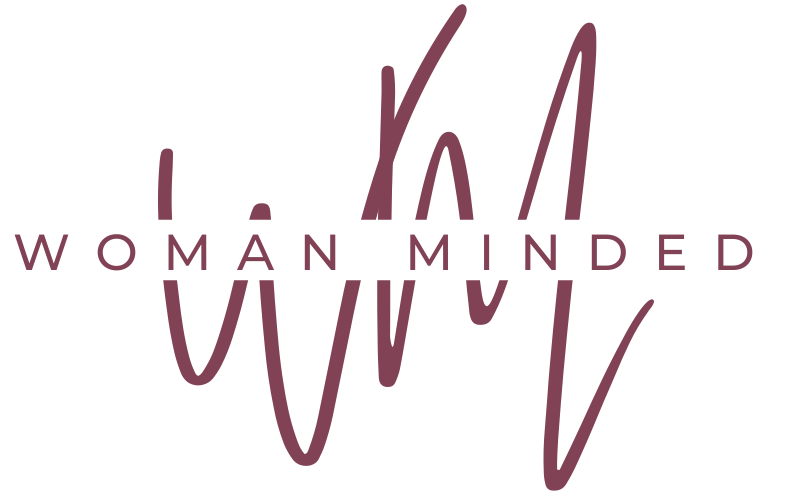Are your hormones to blame for your new allergies?
/Is there a connection between your hormones and your new food sensitivities?
You’re cruising along life and then blammo… one day you just cannot deal with dairy. Or that salad dressing you love at your favorite restaurant suddenly gives you hives. Or you enjoy one glass of red wine and a charcuterie board with your partner and next thing you know… migraine, acid reflux and a killer hangover. And you think to yourself, “I’ve never had this issue before. I’m not one of those food allergy people.”
However, your hormones may be singing a different song. Histamine is the chemical behind our allergic response system made by the immune system that’s released from mast cells, a type of white blood cell. Just the right amount helps protect your body from pathogenic substances and toxic invaders but too much can cause an overreaction like hives, a headache or migraine, stuffy nose or digestive issues including nausea or vomiting.
And as we enter midlife, we can become histamine overproducers. During perimenopause, women naturally begin to reduce progesterone production which can jack up our relative levels of estrogen. Add some serious pandemic-level stress and a lifetime of exposure to environmental toxins and maybe some history of hormonal contraceptives to boot and we end up with an even greater accumulation of estrogen. When we are in this estrogen-dominant state, our bodies release more histamine which can create food intolerances and even seasonal allergies as we move through midlife. Other contributors include gut dysfunction, Vitamin B6 deficiency and genetic factors.
But you don’t have to just suck up these disruptive food and environmental sensitivities until you are past menopause. Indeed, women can do five key things to help create better estrogen and histamine balance.
1. Focus on fresh foods like clean proteins, abundant veggies and fruits along with gluten-free grains, some legumes, healthy plant-based fats and lots of fresh water and herbal tea. These foods are less likely to provoke a histamine response and help balance hormone levels including insulin and cortisol.
2. Eat less inflammatory, histamine-provoking foods like fermented and highly-processed foods such as aged cheeses, vinegars, wine, processed meats, old leftovers along with dairy and sugar to help calm inflammation in the body.
3. Support your liver’s ability to process excess estrogen by reducing alcohol, unnecessary medications and toxic cleaning and personal care supplies. Adding in some cruciferous veggies each day like broccoli, kale and cabbage can help add in some liver love.
4. Foster good gut health by adding in belly-supportive nutrients like glutamine, probiotic-rich foods and higher fiber foods like lentils, dark leafy greens, berries, nuts and seeds.
Food sensitivities and intolerances are not something to be ignored because they cause added stress to the body and increase inflammation and immune issues. Very often, simple changes to your nutrition and self-care can help you reduce or maybe even eliminate your food-related symptoms.



